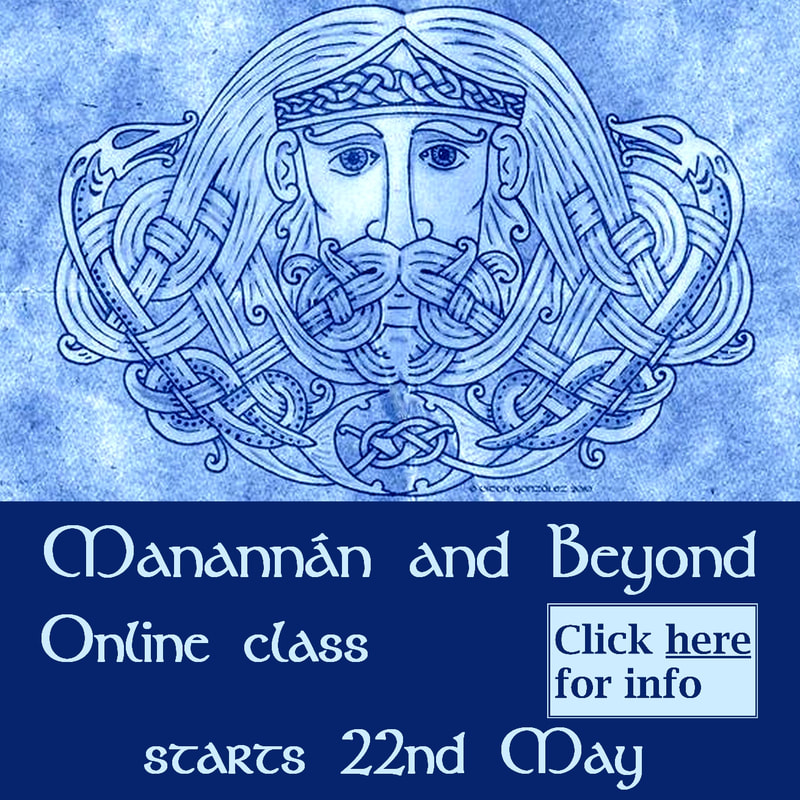Every once in awhile, a popular scientific periodical seems to run an article with a headline like "Scientists Find That Animals Actually Feel Love and Affection" or "Animals Have Emotions After All, Say Researchers". In the words of a no nonsense engineer I know "Geez! They'll be discovering steam power next!" and yet I'm always surprised to find animal loving friends sharing things like this on the internet, as if just one more half baked piece of pseudo-science will lend weight to what we all know in the first place! However, don't forget that it wasn't so long ago that there was a near consensus in the so-called scientific community that animals did not, in fact, even feel pain, and there are still those who try to hang on to this notion, either completely, or who say that "Okay, they feel physical pain, but they lack the same emotional associations (fear of death or incapacity, fear that the pain won't stop, etc.) and this is frequently tied in with the idea that animals don't really suffer in unpleasant or unnatural situations either. I'm sure I'm preaching to the choir on these points, but at the same time it's when we come to the realisation that animals probably experience unpleasantness in a similar way to humans, and that they probably do have souls (whatever a soul is) that things start to get really difficult.
The trouble is, that most people who believe that there is such a thing as a soul, would also say that the soul is in some way sacred - and if the soul is sacred, the question of the body which contains it also being sacred has to arise, for if we cause suffering to the body, we probably cause suffering to the soul, and if we kill the body, perhaps we make the soul homeless, or kill it, too. It depends on what you believe, and it's easy to see why it has been easier for people in cultures which keep animals in captivity for their own use, to just say "Animals are not like us, so this is okay." Now, this is where things get really tricky. Let's say that we're agreed that animals do have souls and emotions a lot like ours. We could easily be headed for an enormous guilt trip. Some people deal with this by becoming vegans or working for animal liberation, and I'm not going to descry that at all. Most of us are in a kind of partial guilt/partial denial place, though, and it's really this I want to talk about.
Is there a hierarchy of souls? Is the soul of an animal whose species is endangered more valuable than than of an alley cat? Is a human's soul of more importance than that of a bug? Should the cute, the pregnant or the seemingly noble be given extra points? Somehow, I doubt it, and this is why I personally give much greater importance to ending or averting suffering than I do to preserving life. That goes for humans and animals. Don't get me wrong, I don't view the ending of a life as nothing, but I do believe that life is a circle and death will be followed by rebirth in one form or another. I don't believe that death is the end, but I am absolutely sure that it is inevitable! Suffering, on the other hand, is a dirty business. Not only is the sufferer in some degree of misery, but that suffering besmirches all who contribute to it or who come into contact with it.
| Because we all eat, it is one good place to begin a little mindfulness. That can go both for what we eat and how we behave at the table. It can go for learning to be thankful and for learning to share. The dining table has traditionally been a place of love and hospitality. Perhaps we can reclaim is as a place to nourish our souls and our bodies, and to show love and generousity of spirit to our fellow travellers again, and it might be interesting to see how the ripples of these attentive acts can flow out and into other parts of our lives and all the lives that are touched, as a result. |
| What is our relationship to the natural world? What is a soul? In Shapeshifters and Magical Animals we will explore stories and poems from Scotland, Ireland and Wales concerning the themes of transformation, wisdom, immortality, and time. Material will be drawn from folklore, myth, early bardic poetry, and relevant modern writers. |
Click here for more information.

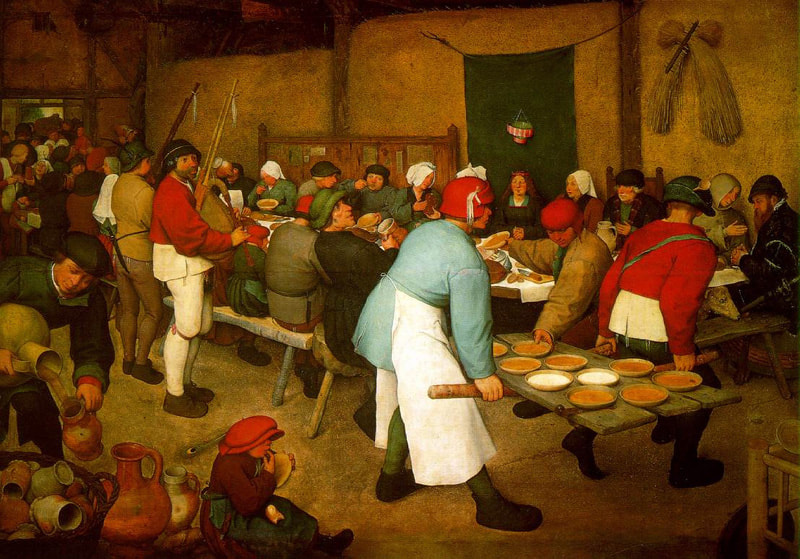
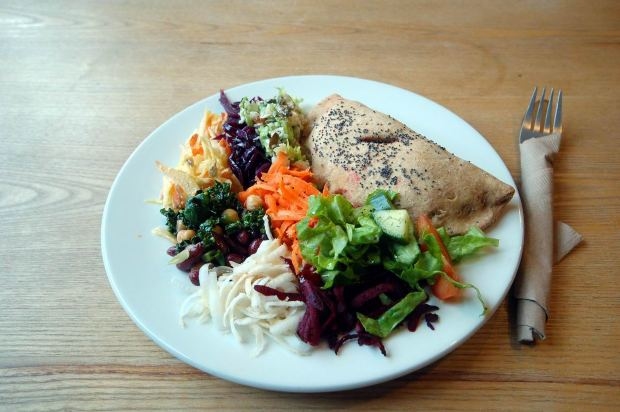
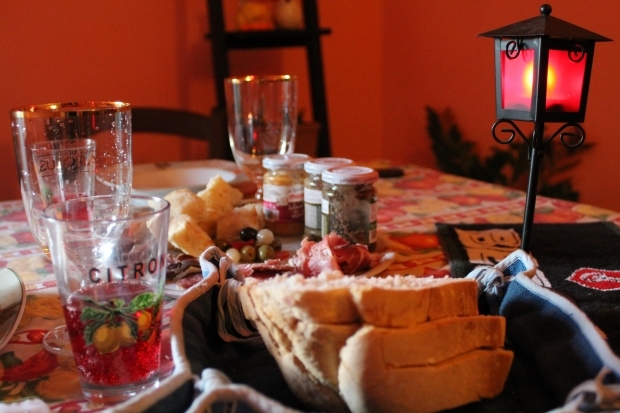
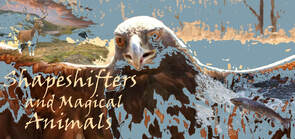
 RSS Feed
RSS Feed



